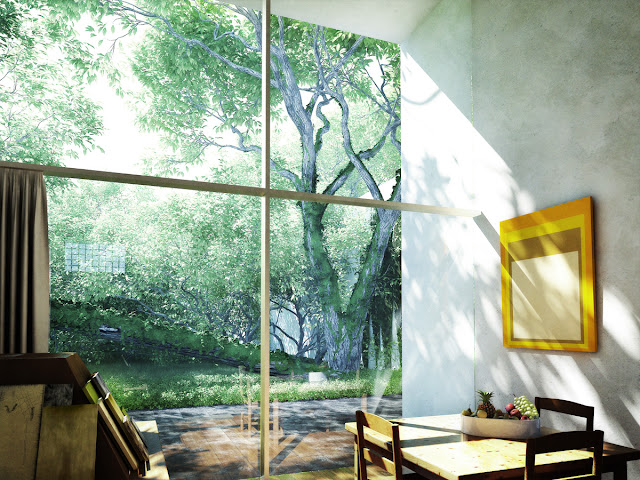La
semana pasada viví una de las historias más conmovedoras. Fui al
hospital a visitar a S, quien compartía habitación con una mujer
musulmana. Yo no sabía nada de ellos y, al llegar, vi que estaba sola.
Al poco rato llegó su esposo con una hija de unos tres años que tenía un
ligero retraso cerebral. El señor se acercó de inmediato a mí, me
saludó con muy mal alemán, le respondí en inglés pero no sabía ni una
palabra. Le ofrecí una silla. La mujer no habla ni entiende nada de
inglés ni de alemán, toda su comunicación con el personal sanitario es
prácticamente a señas.
A
los dos minutos se acerca de nuevo y me muestra una caja de dátiles. Me
dice que son muy útiles para recuperarse y que le quiere dar a S la
mitad de la caja. Como sé que S no es muy afecta a los dátiles, le
acepto tan solo unos pocos, pero él insiste y termina por darme la
mitad.
Estas son las historias de la vida. Más como esta para mantenernos vivos y humanos.
Me
dice que son sirios y que huyeron de Homs hace dieciséis meses.
Llegaron a Alemania y desde hace un año aprende alemán. Viven en un
centro para refugiados, toda la familia hacinada en una habitación sin
agua corriente y sin baño propio, usan baños comunes para todas las
familias. Son realmente pobres y el hombre apesta a humo. Dice S que
fuma mucho. Yo he visto documentales de refugiados donde se les ve
encendiendo fogatas para calentarse, y me pregunto si no huele a fogata,
más bien.
Luego
me entero de que, cuando nació la hija, cayó un bombazo en el hospital y
tuvieron que salir huyendo. No le pudieron dar a la niña la atención
necesaria y por eso padece ahora ese retraso mental. Este es el destino
de una familia siria, una de miles.
A
S le molestaba tanto el olor a humo que terminaron por transferirla a
otra habitación. Cuando volví a buscar a los sirios, ya se habían ido, y
yo que quería ofrecerles mi número de teléfono para estar en contacto y
ayudarles en lo que pudiera. Ojalá que me los vuelva a encontrar,
porque no sé exactamente en qué campo de refugiados están.






















